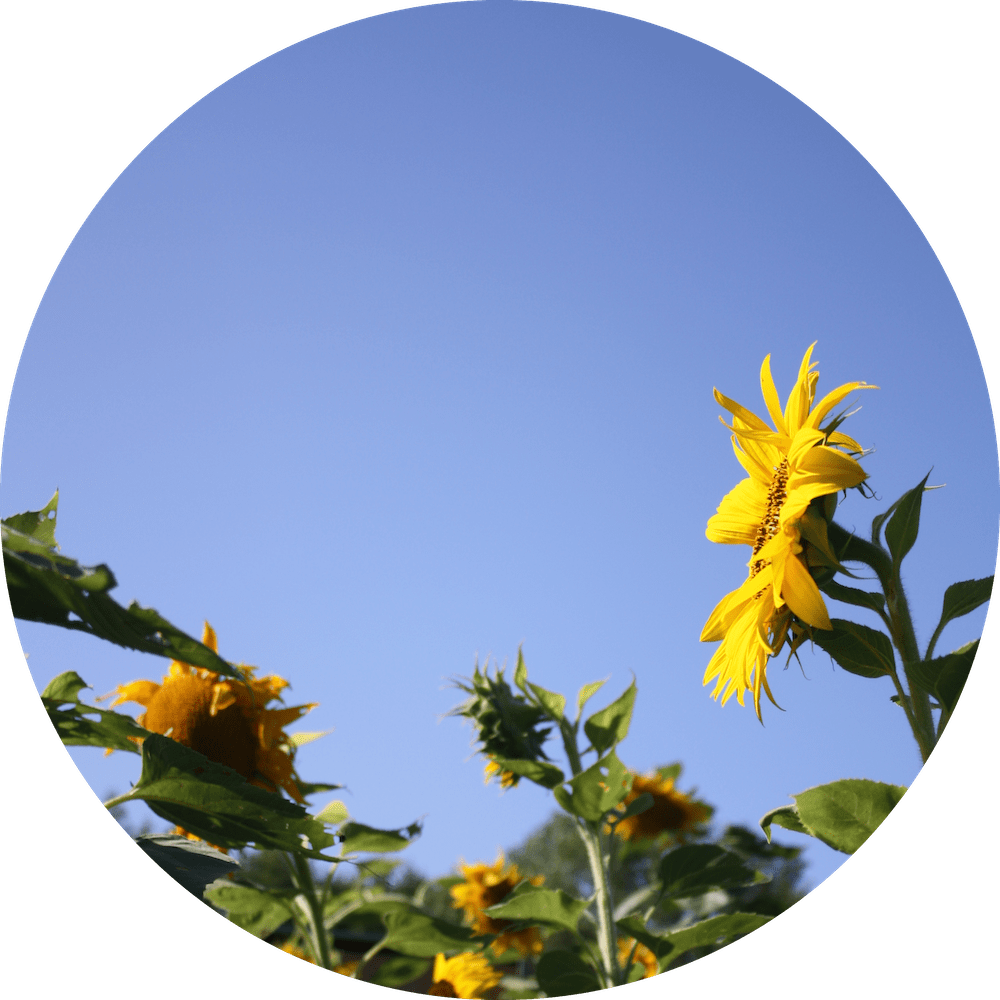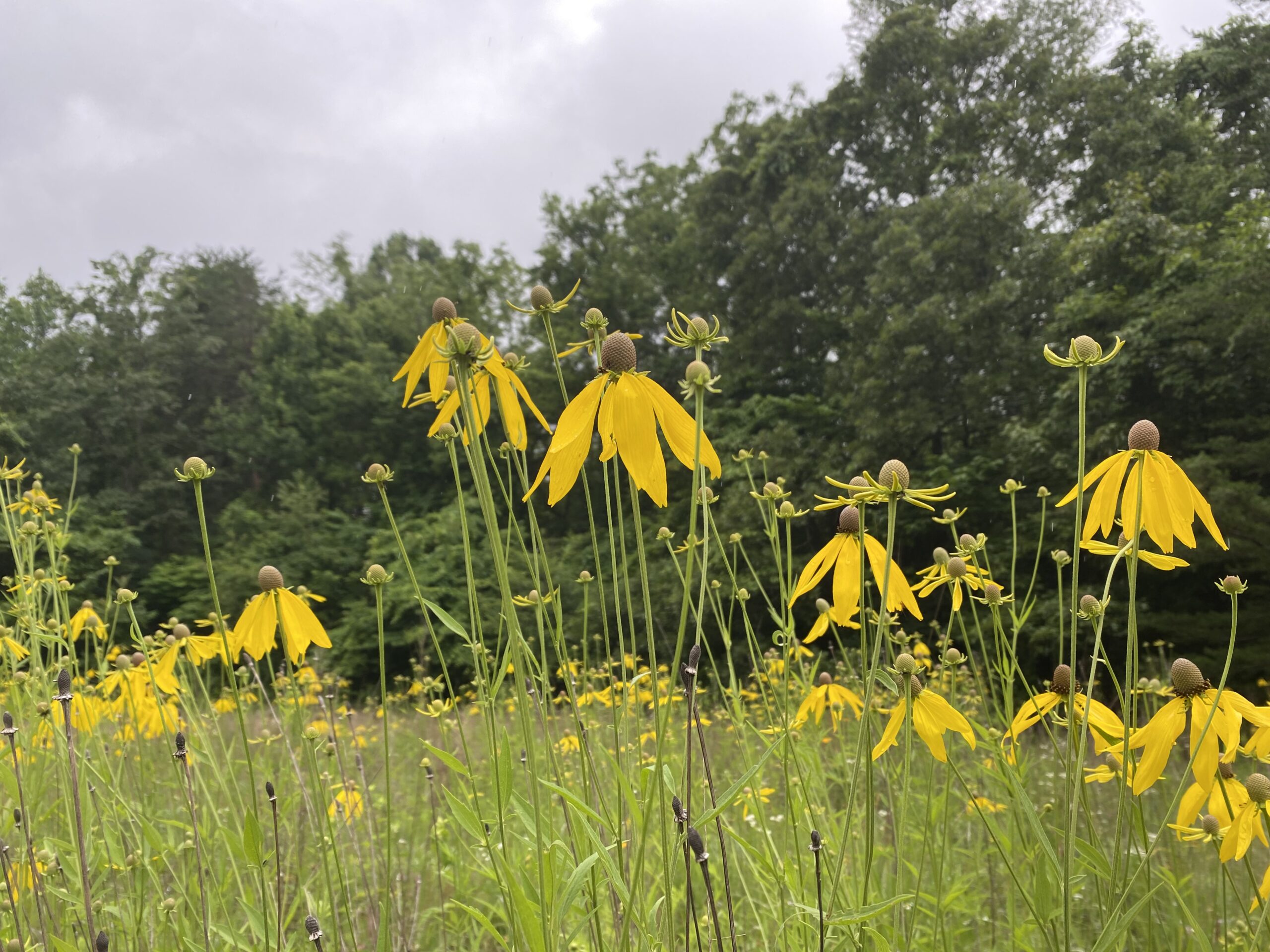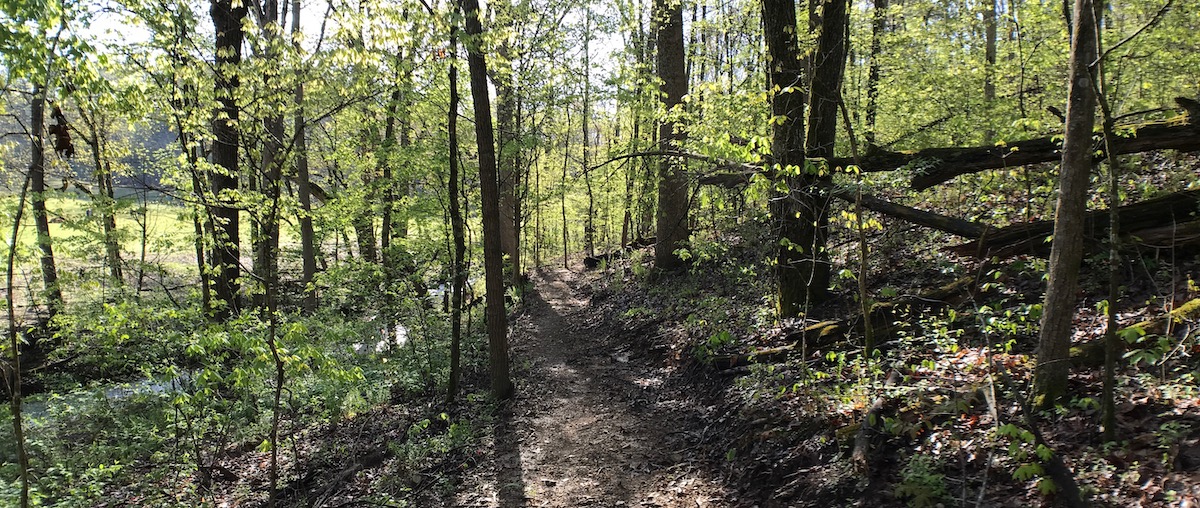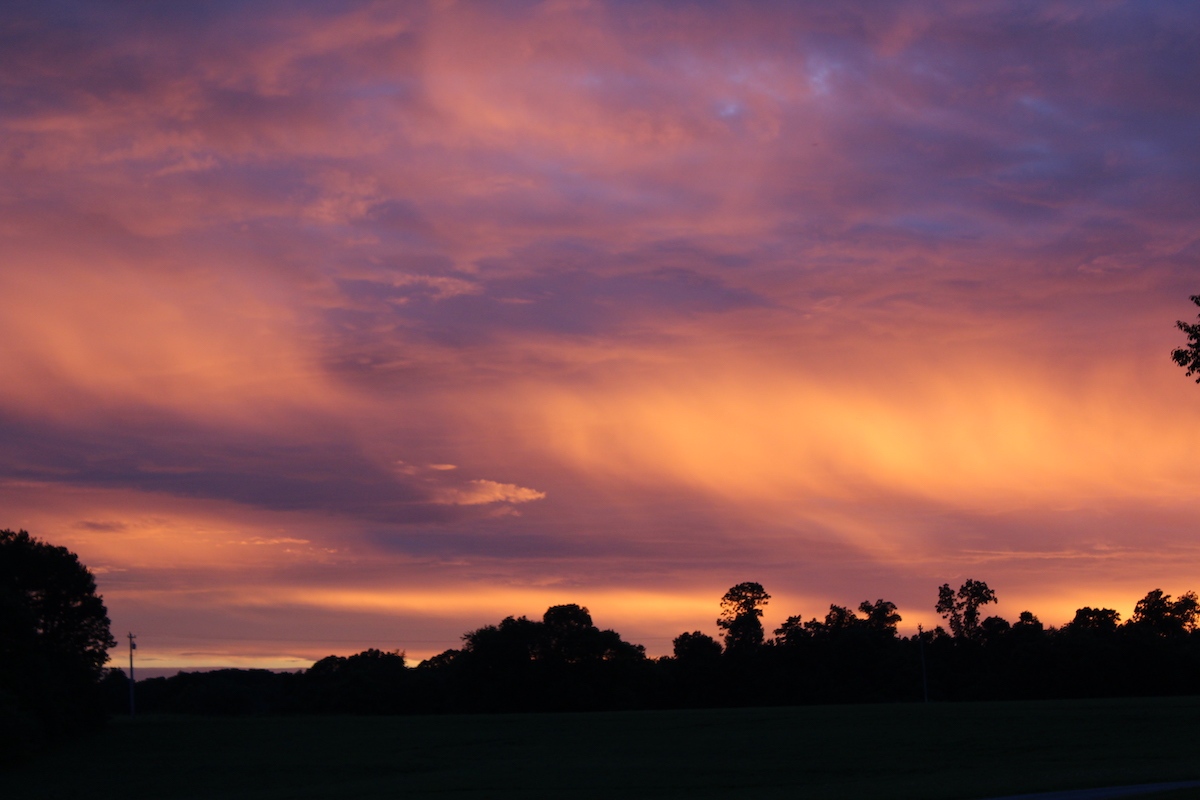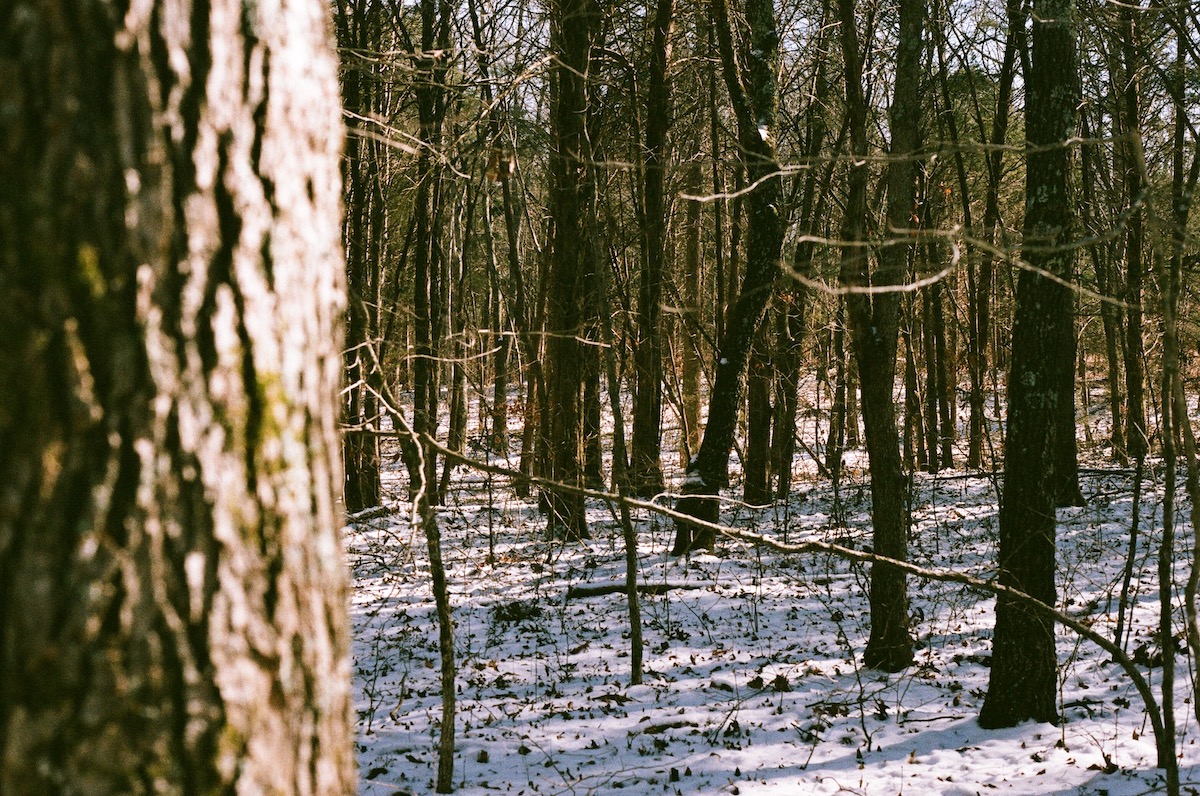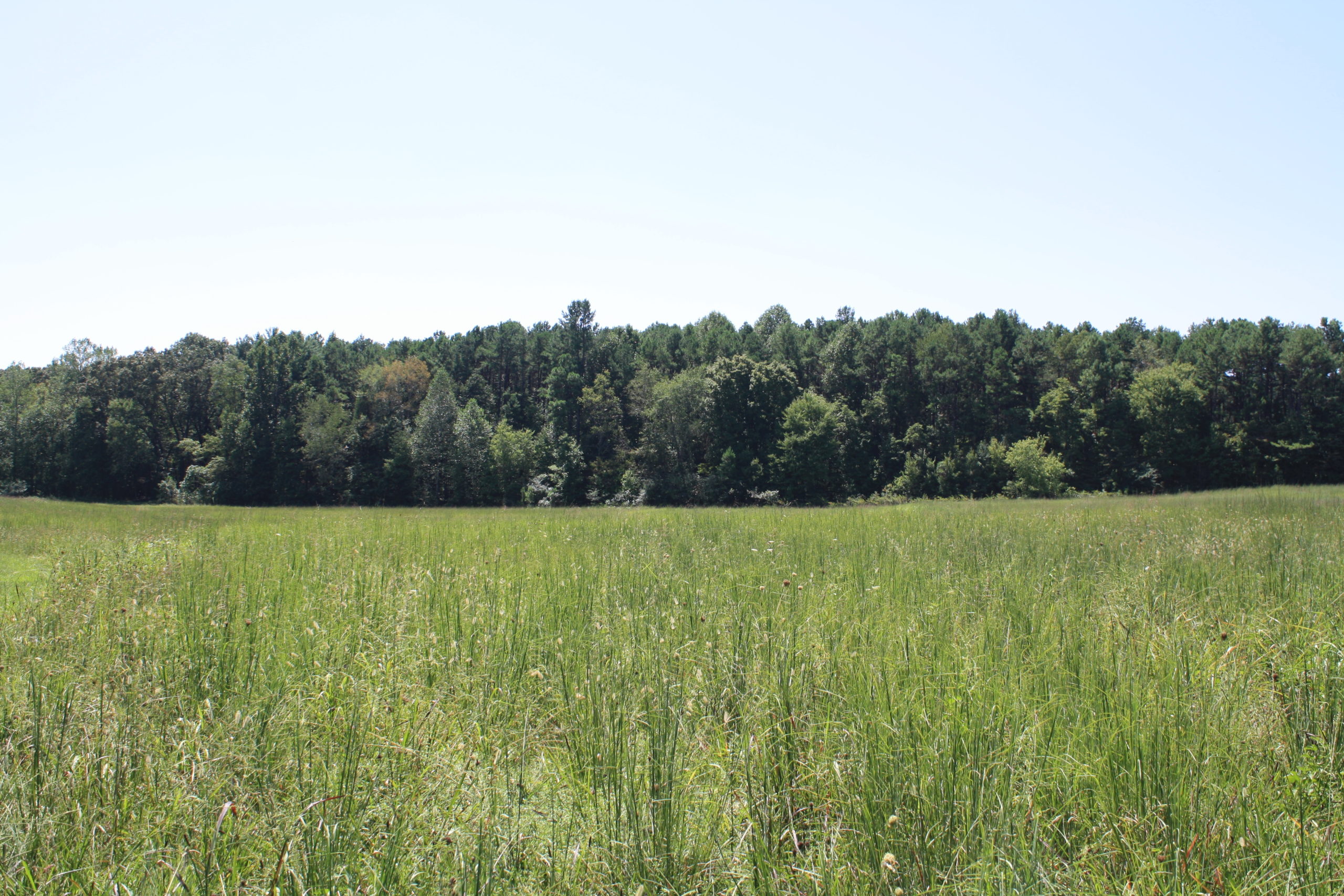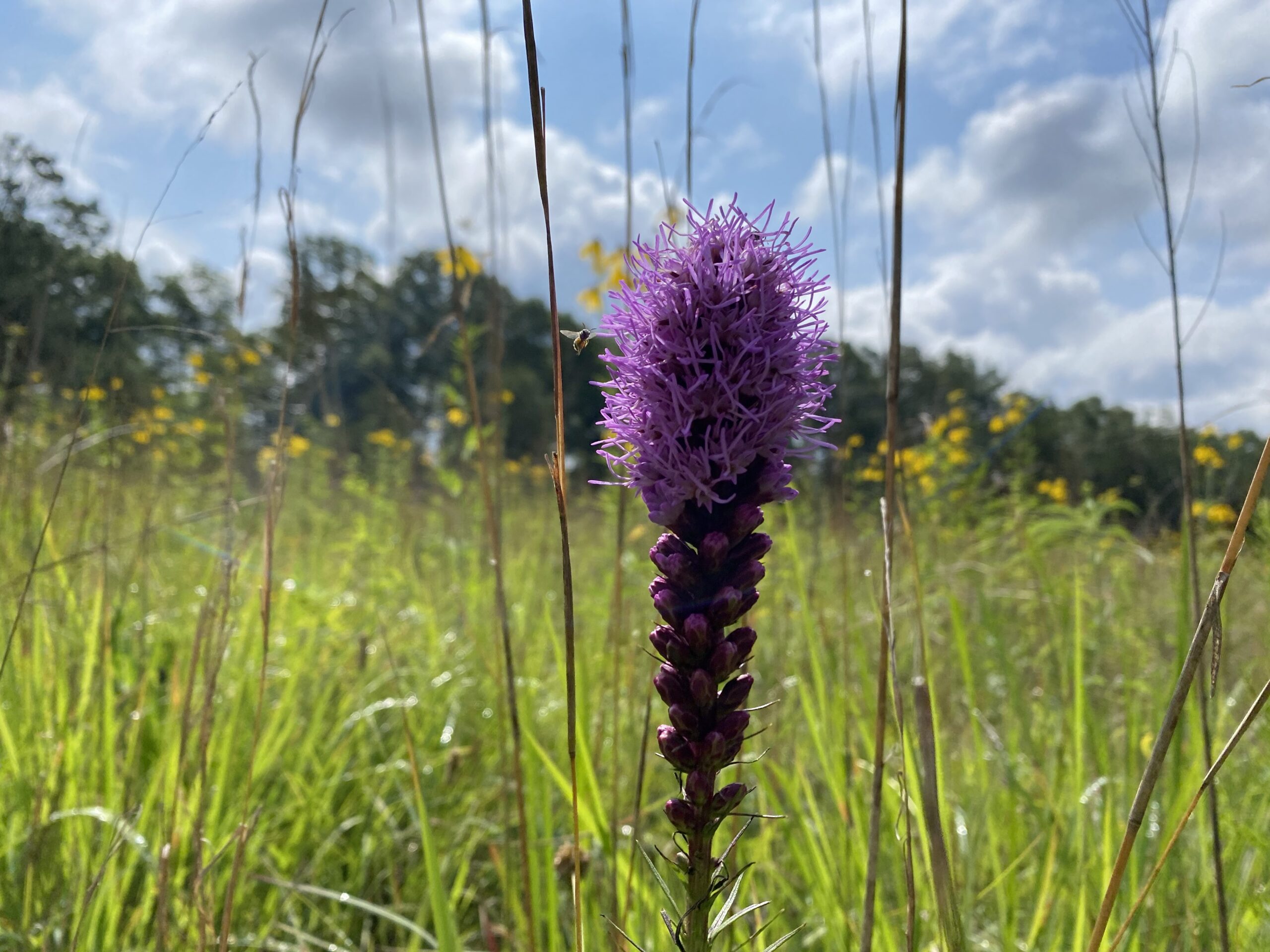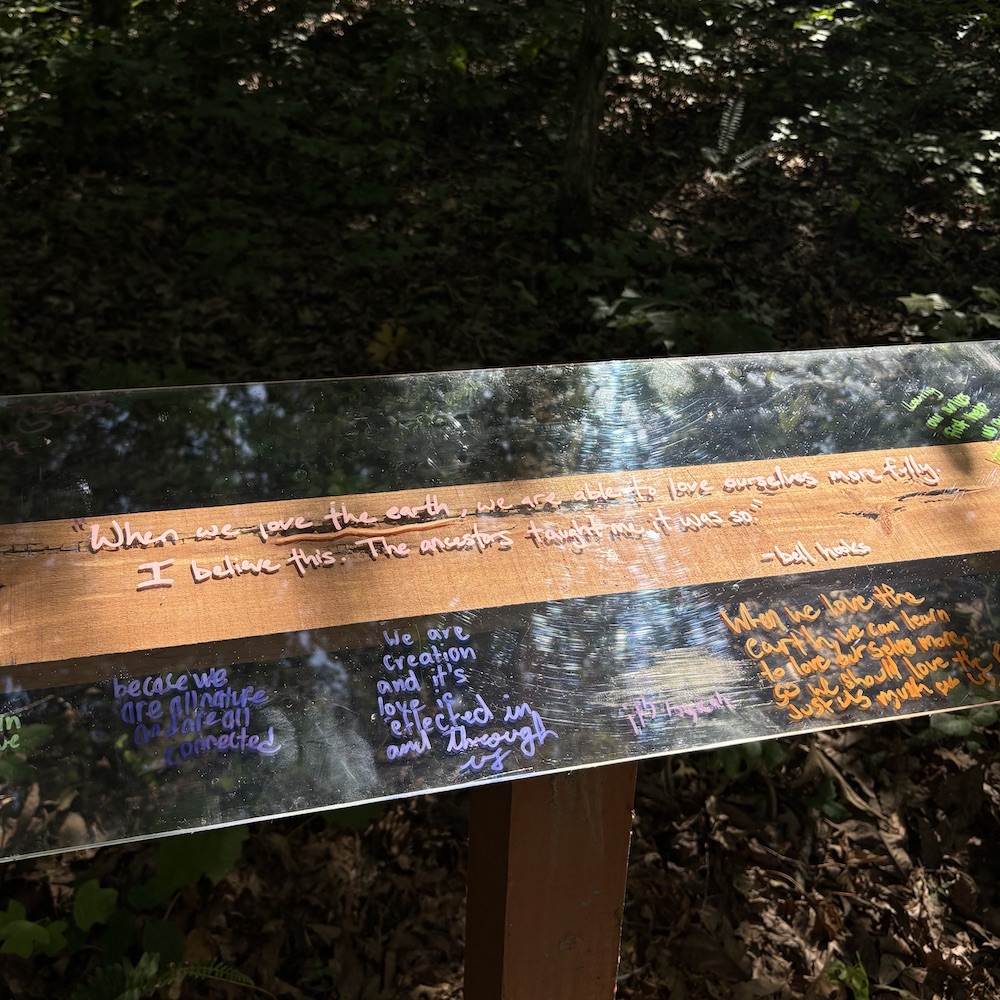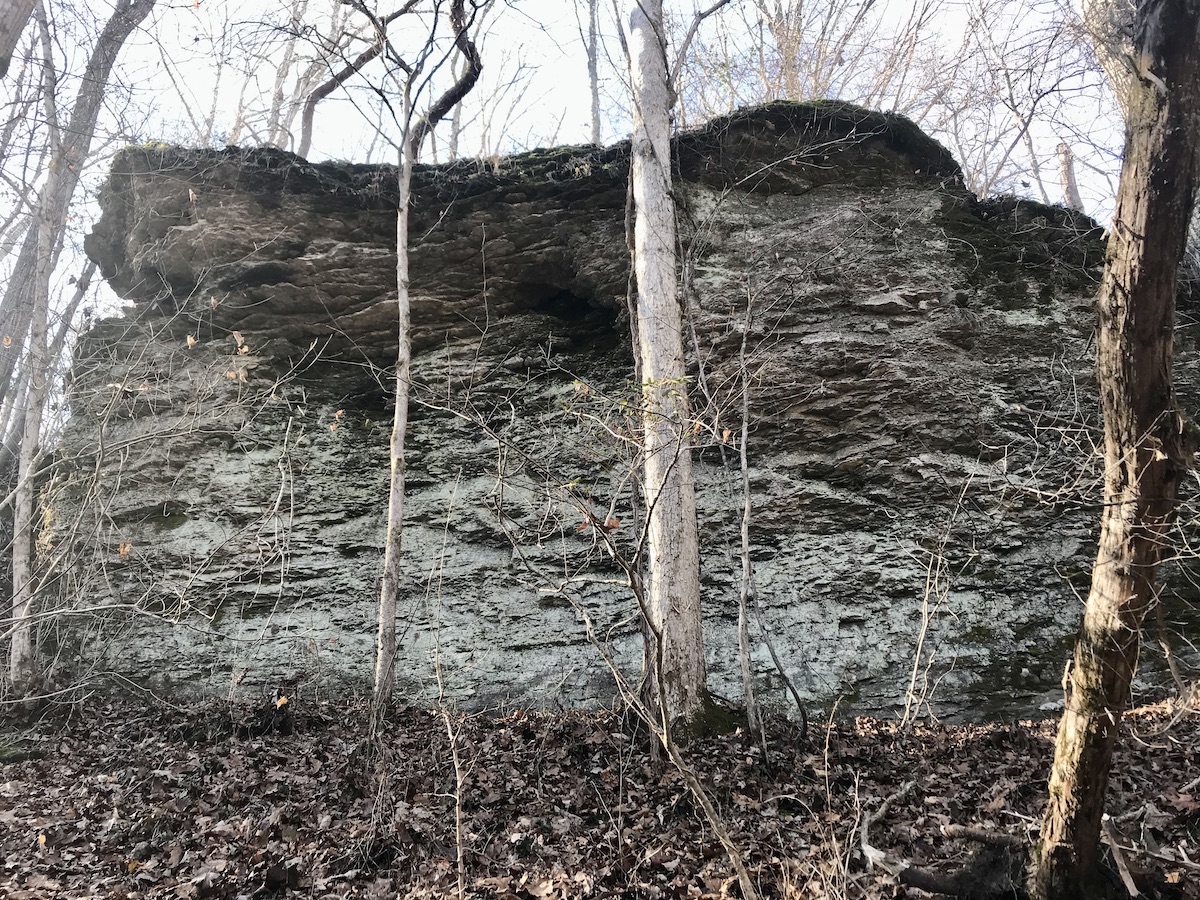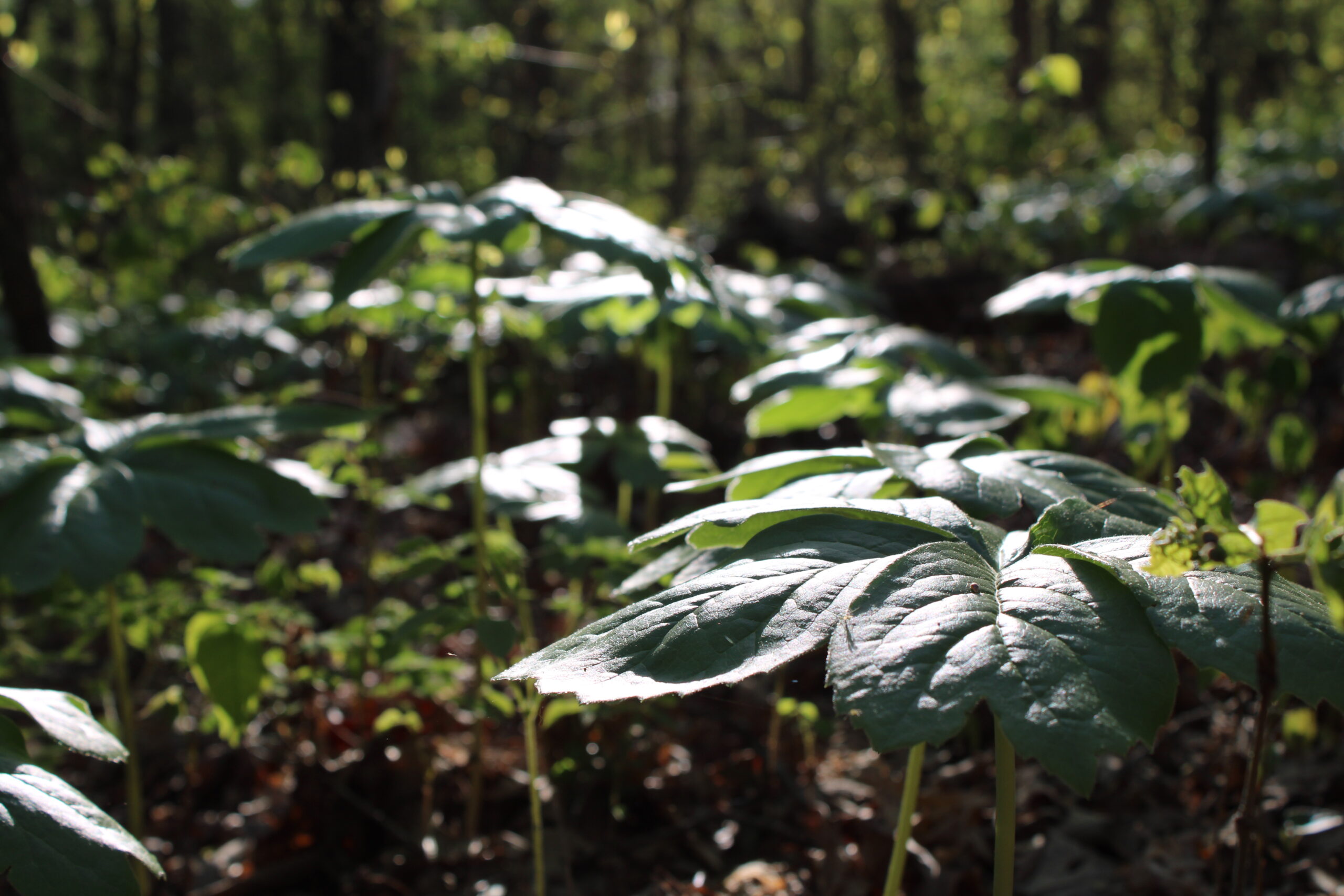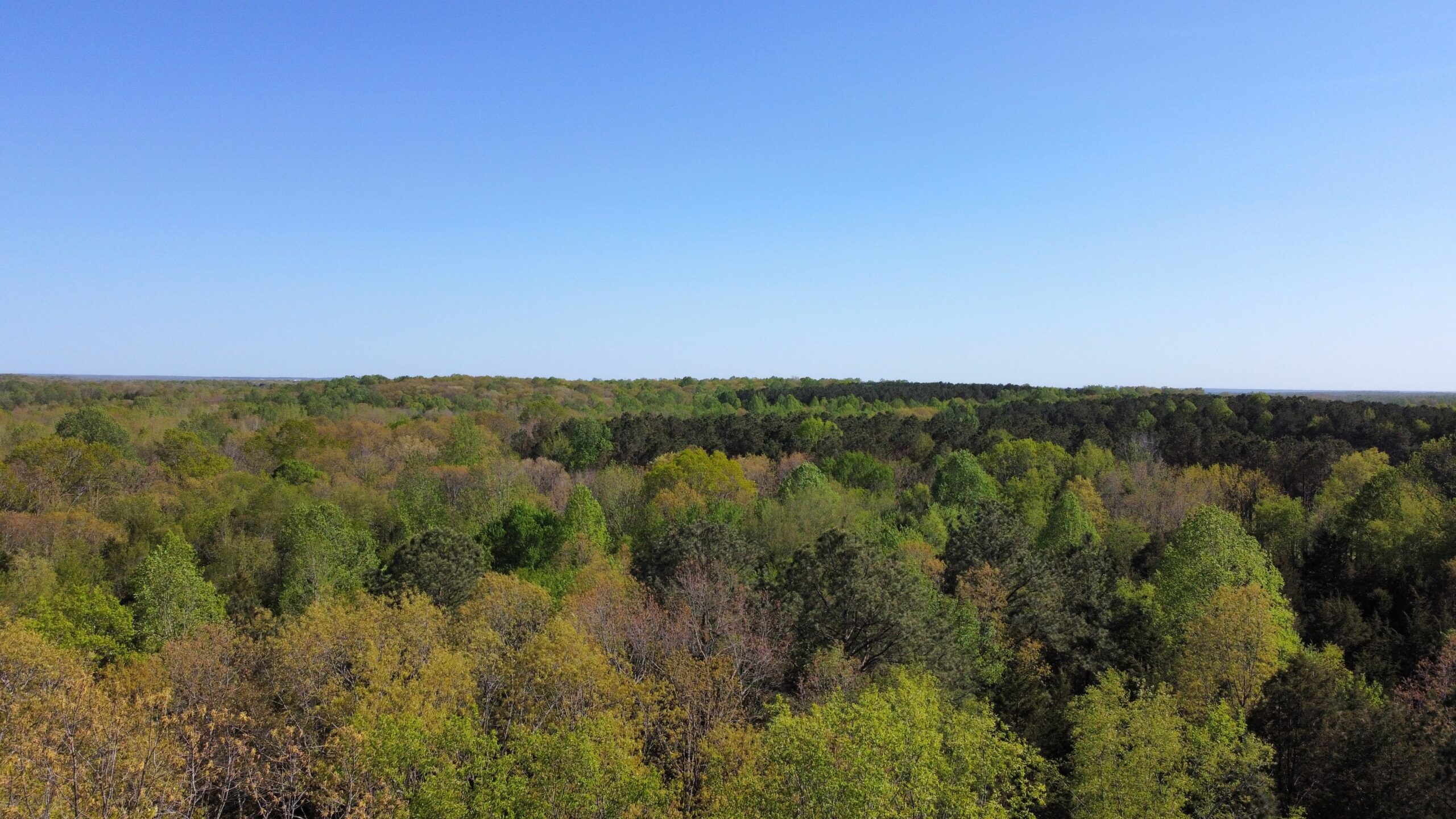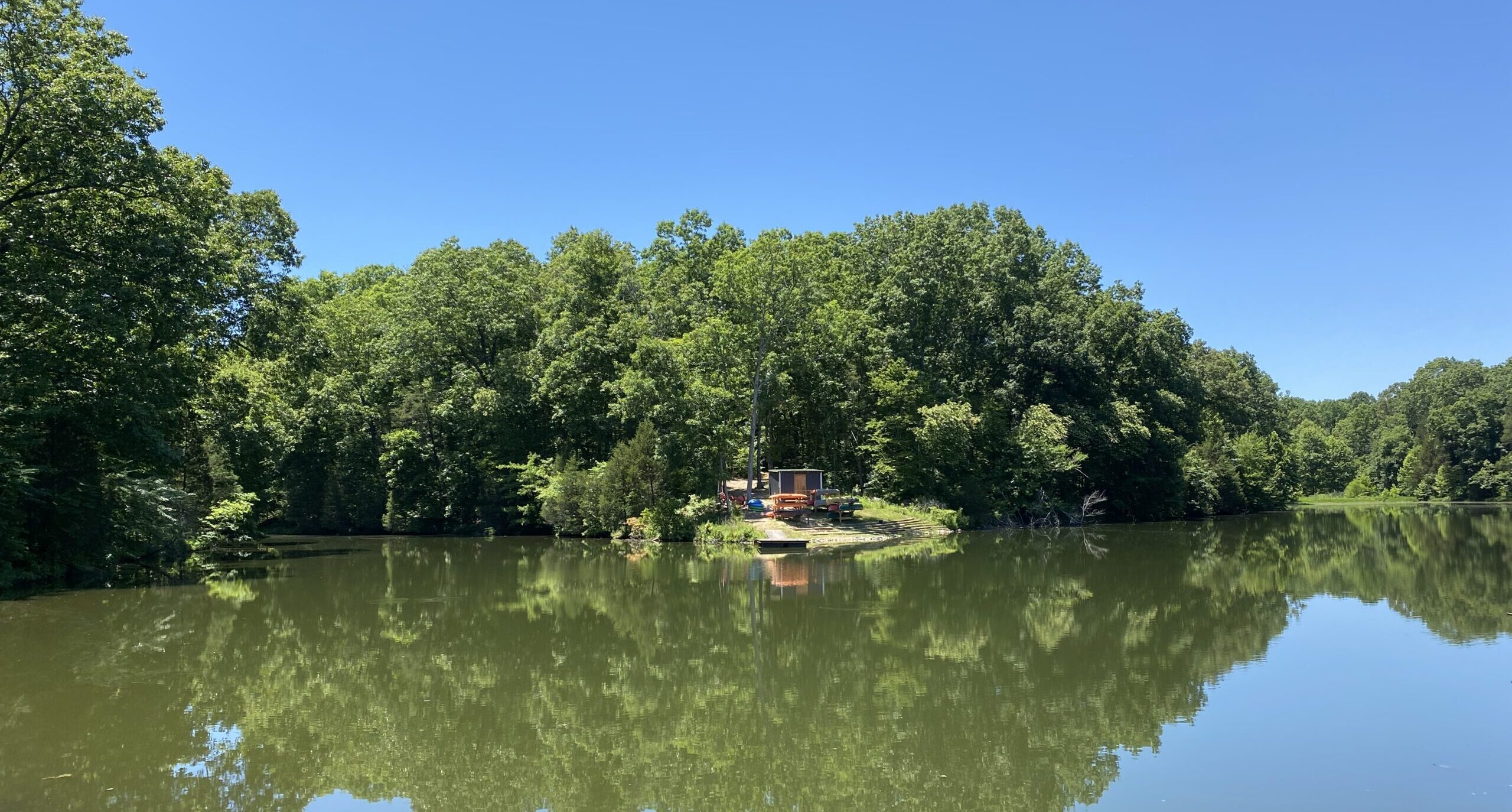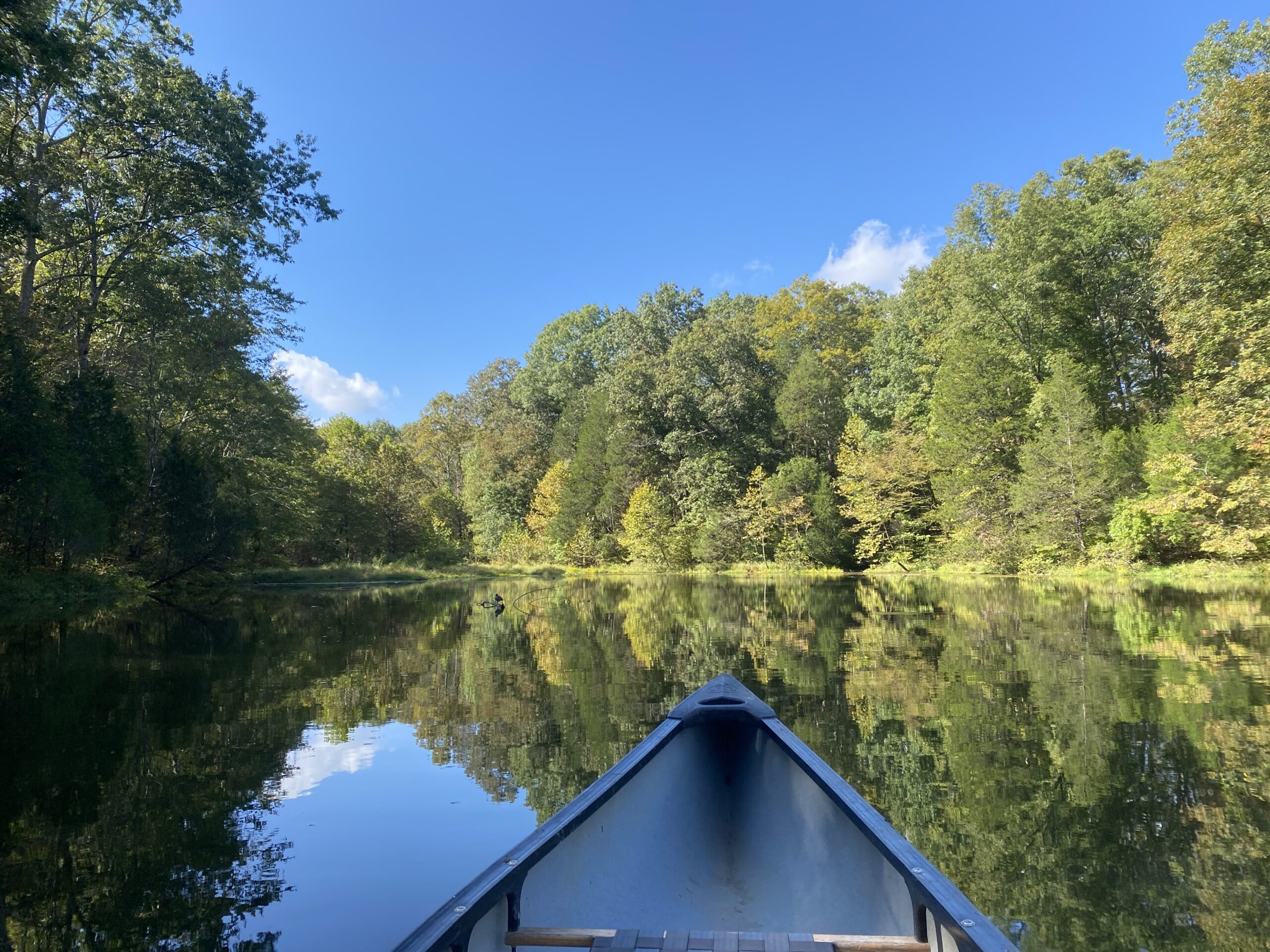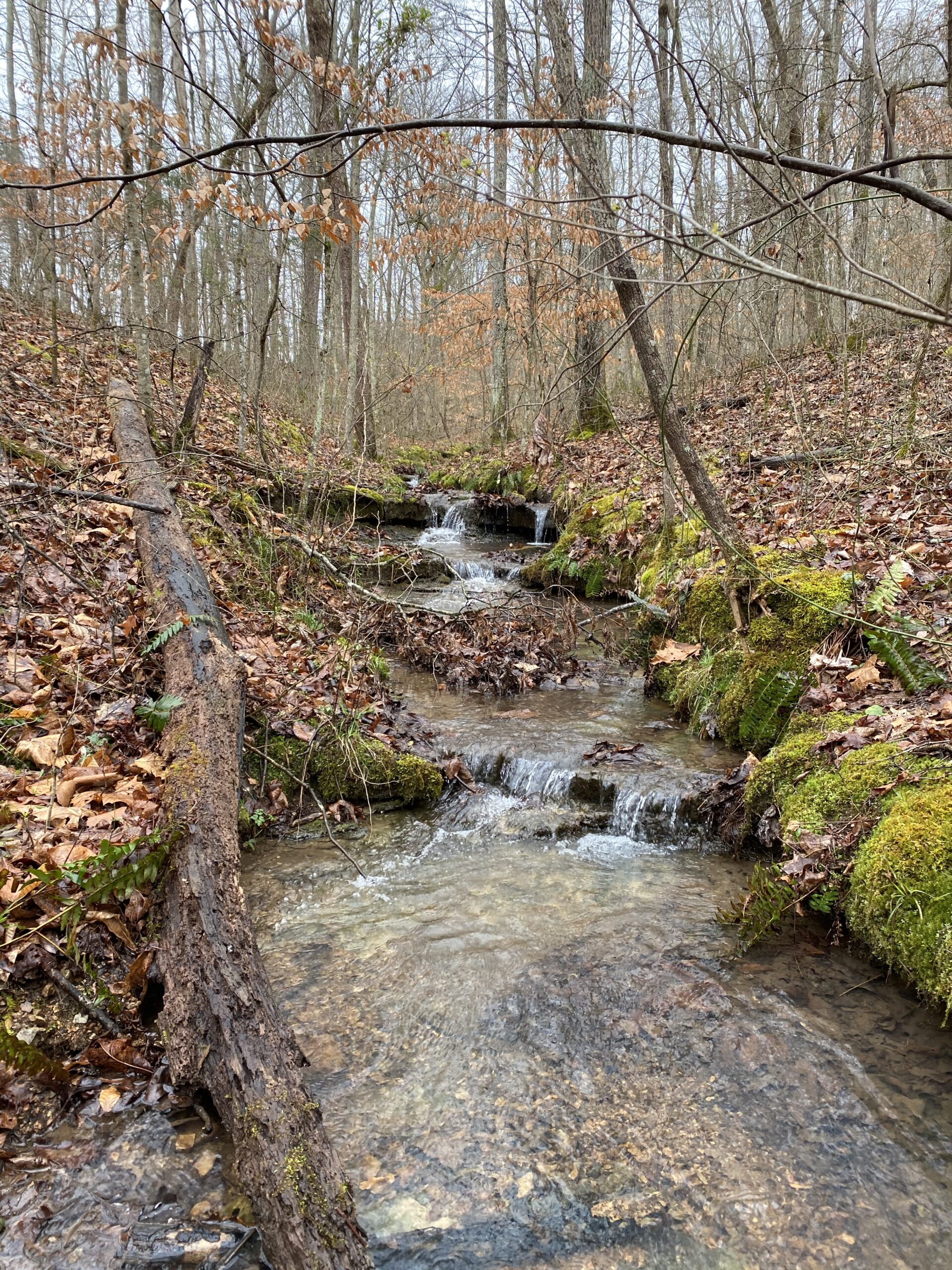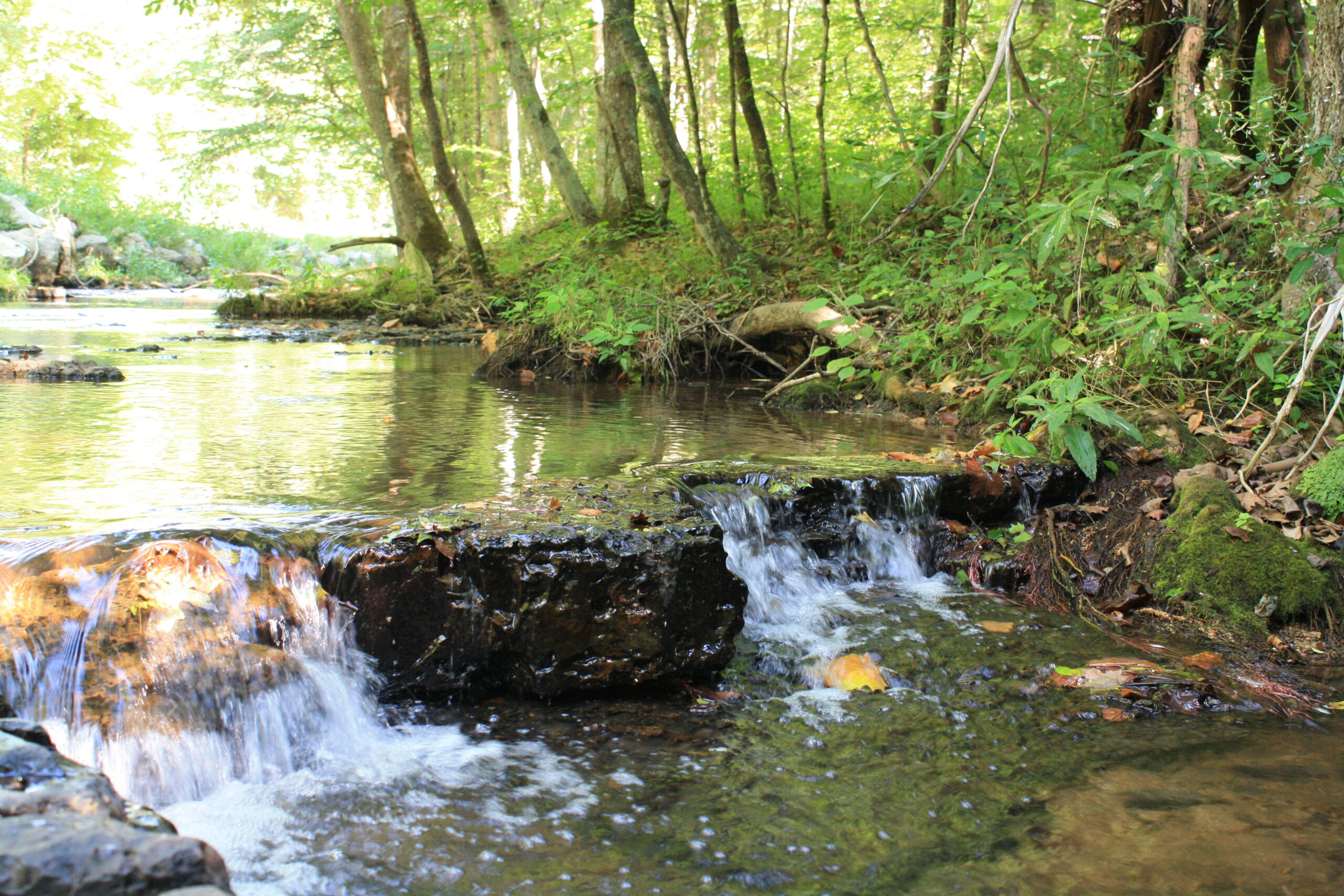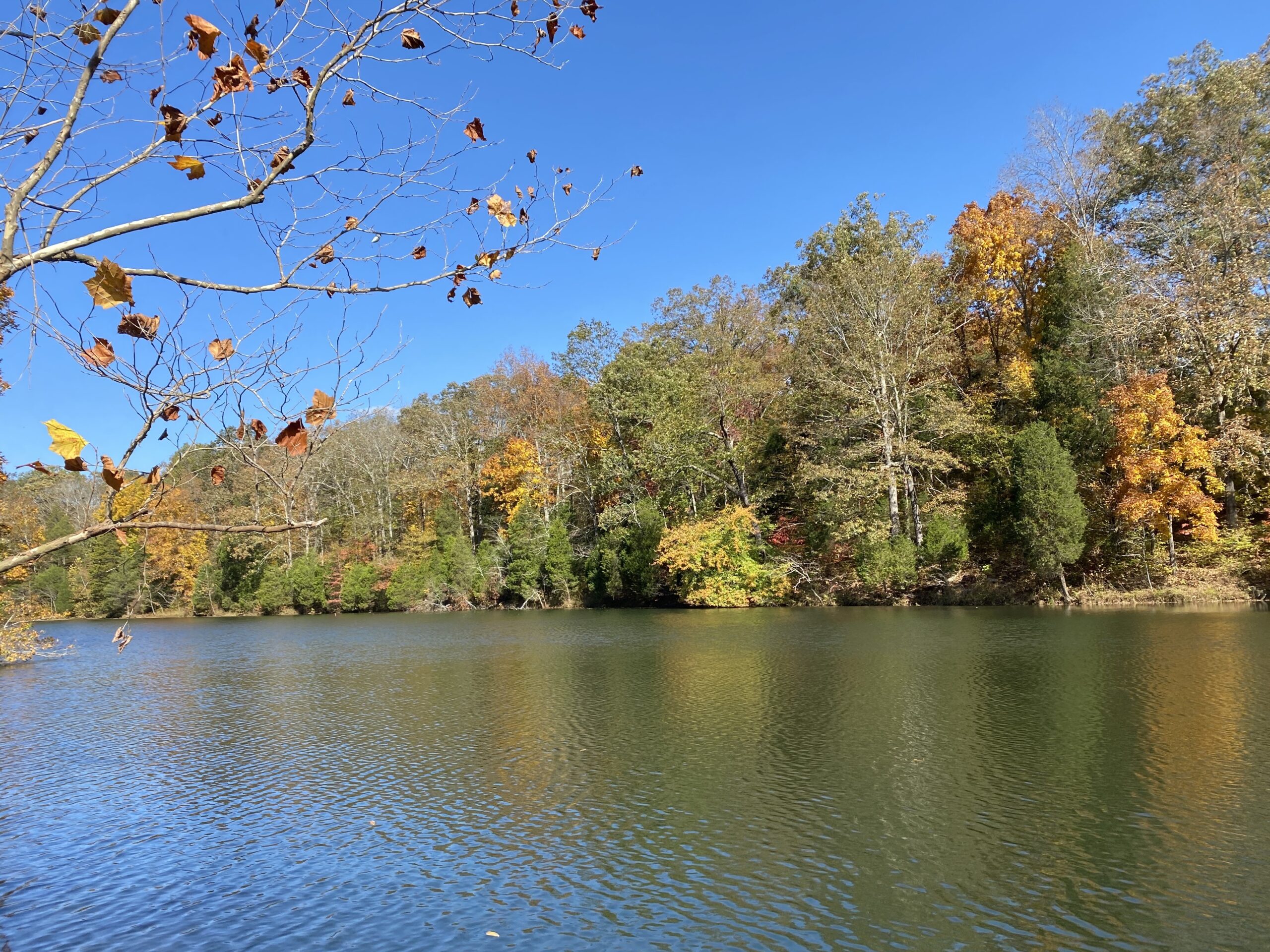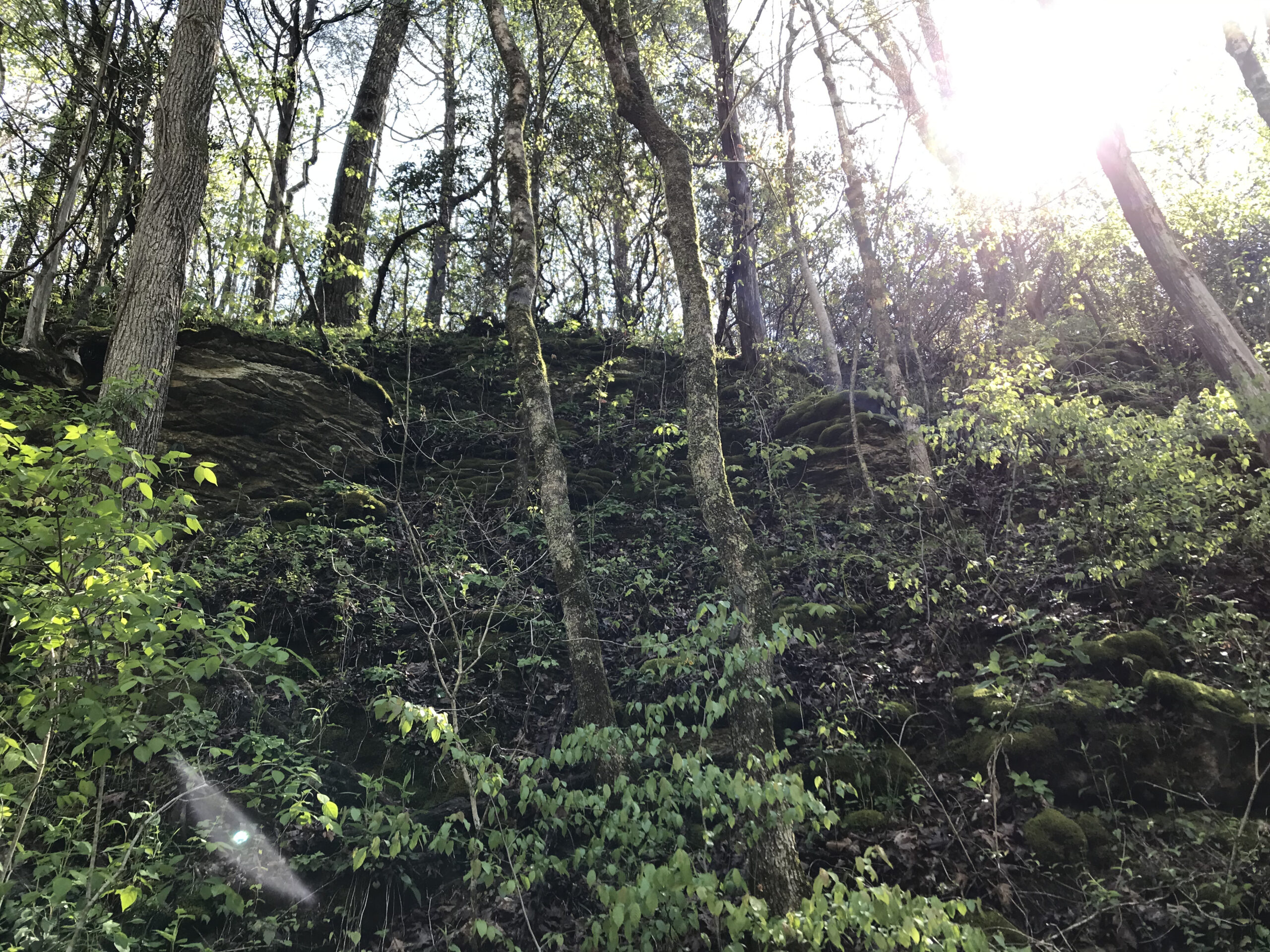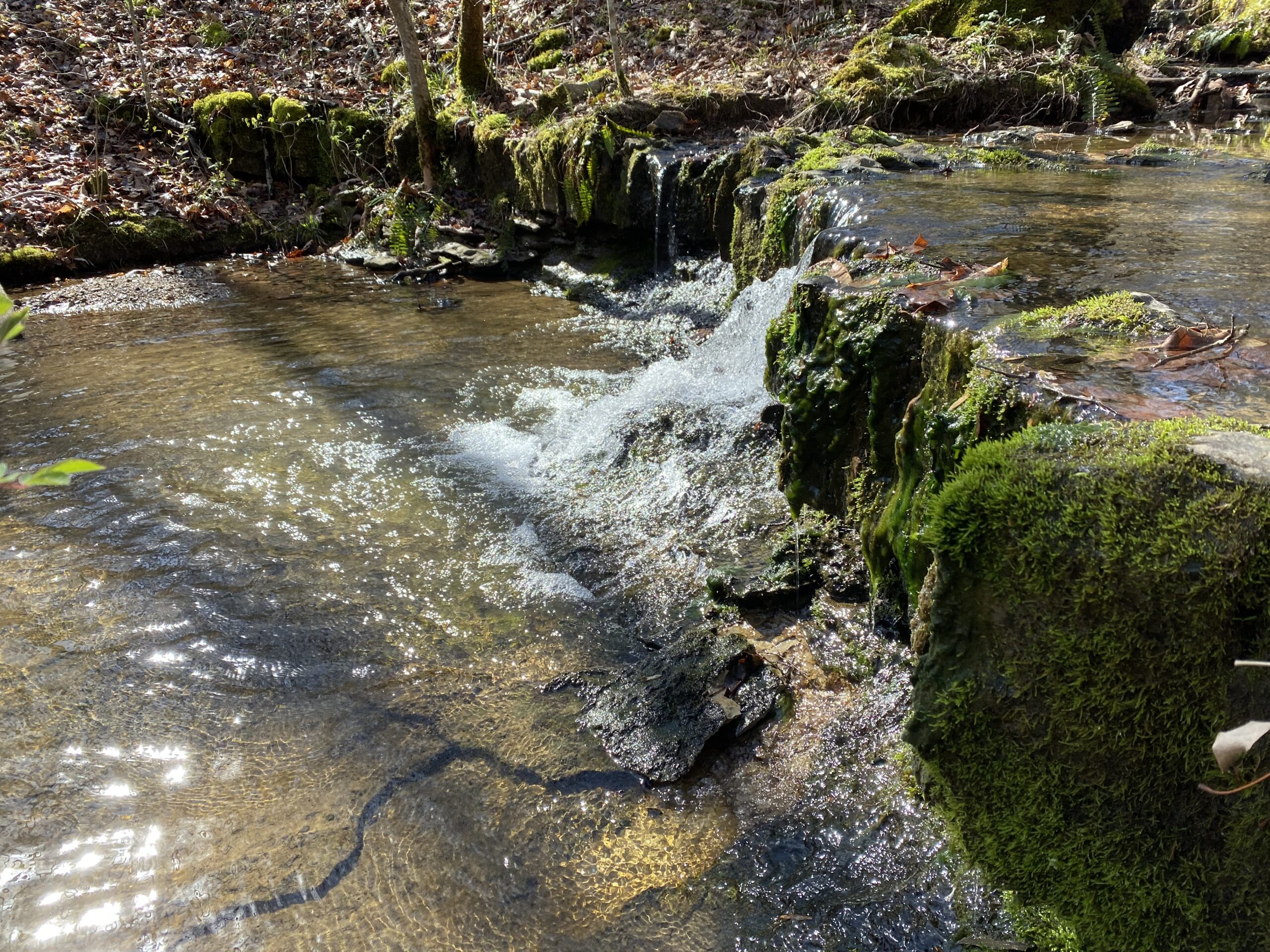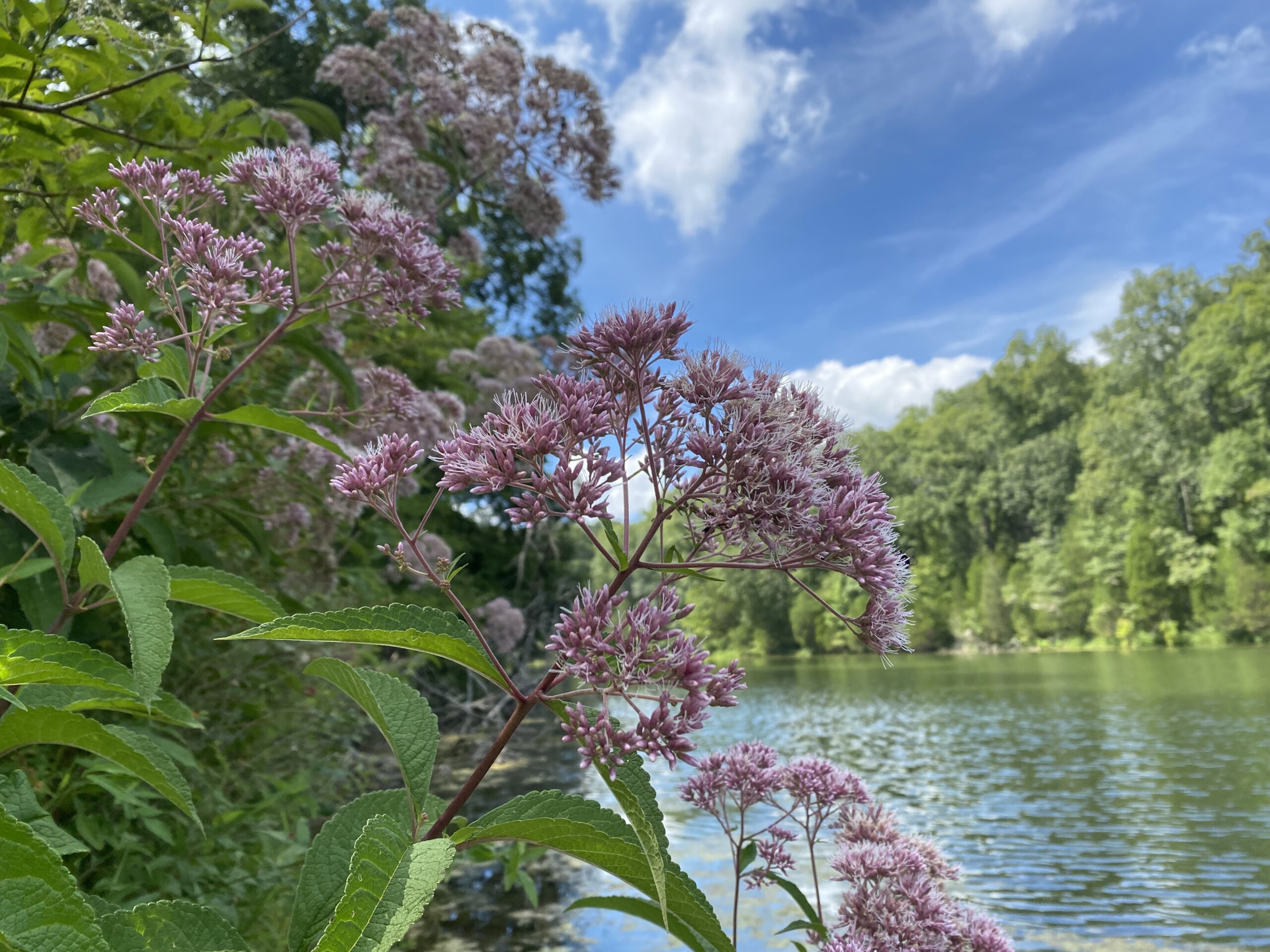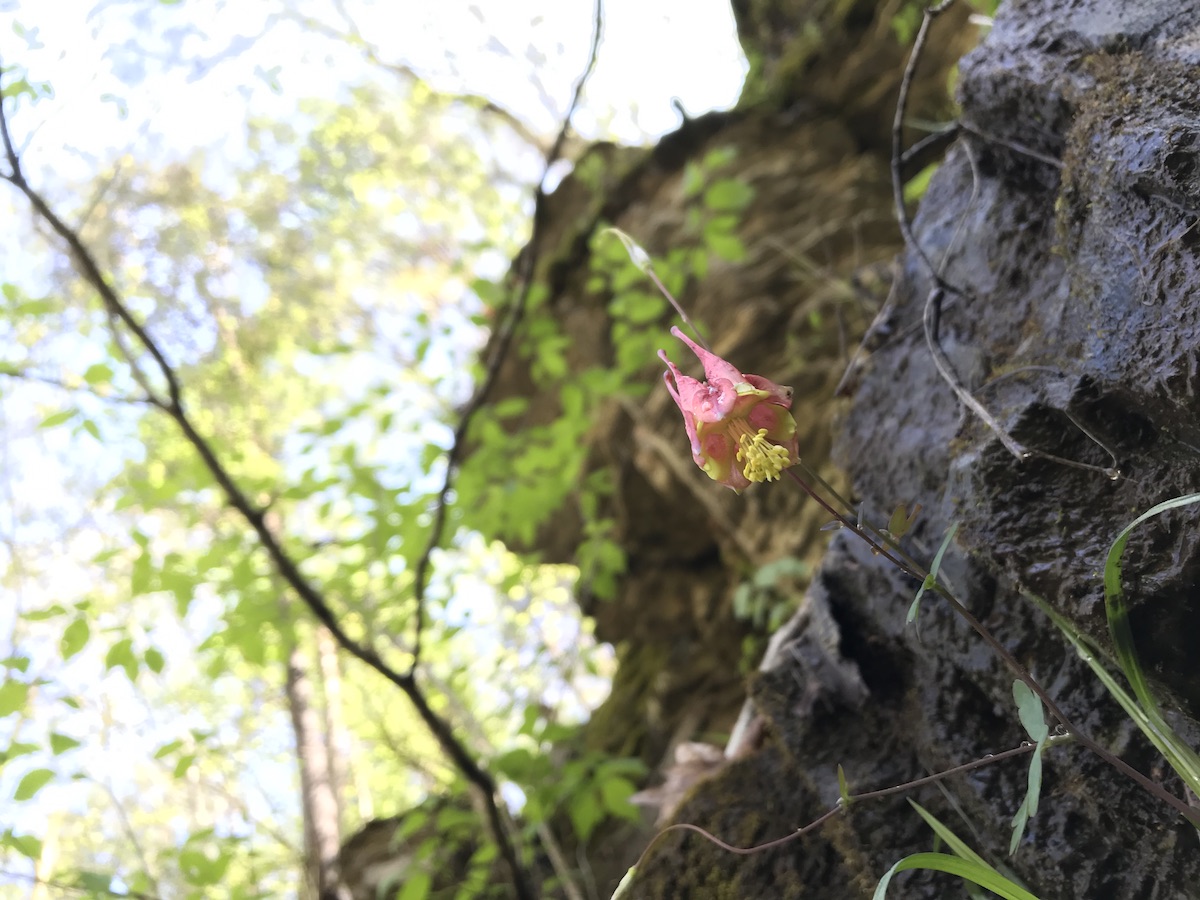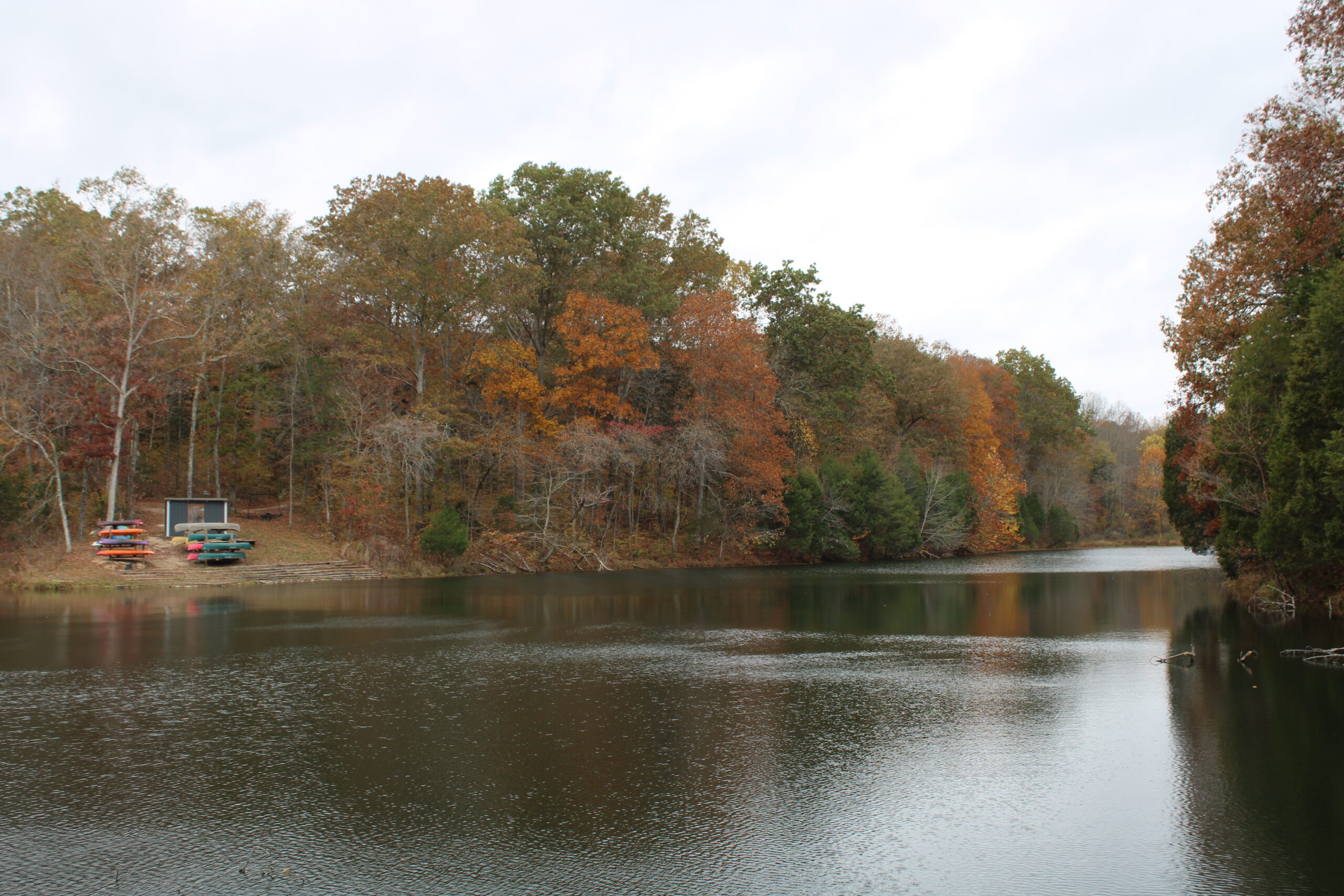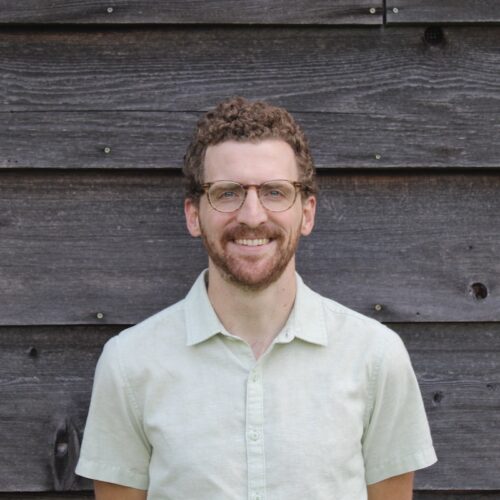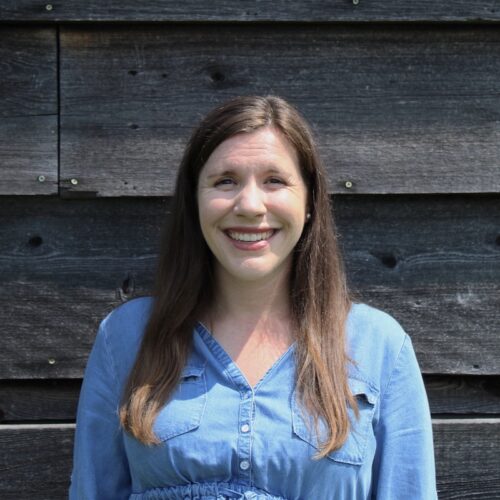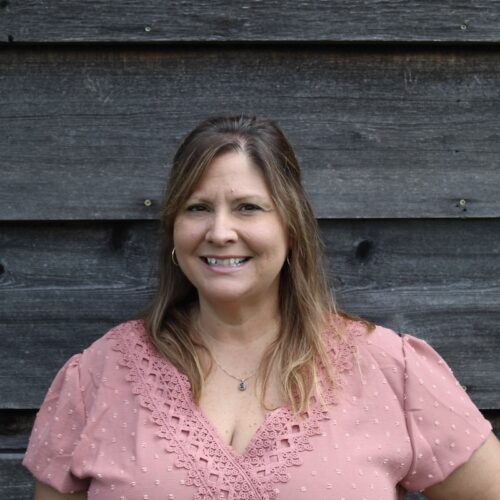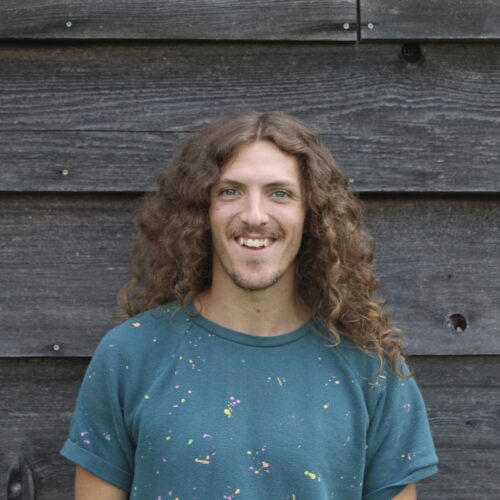Our Mission
To join with lifelong learners in education, justice, and advocacy with and for the earth.
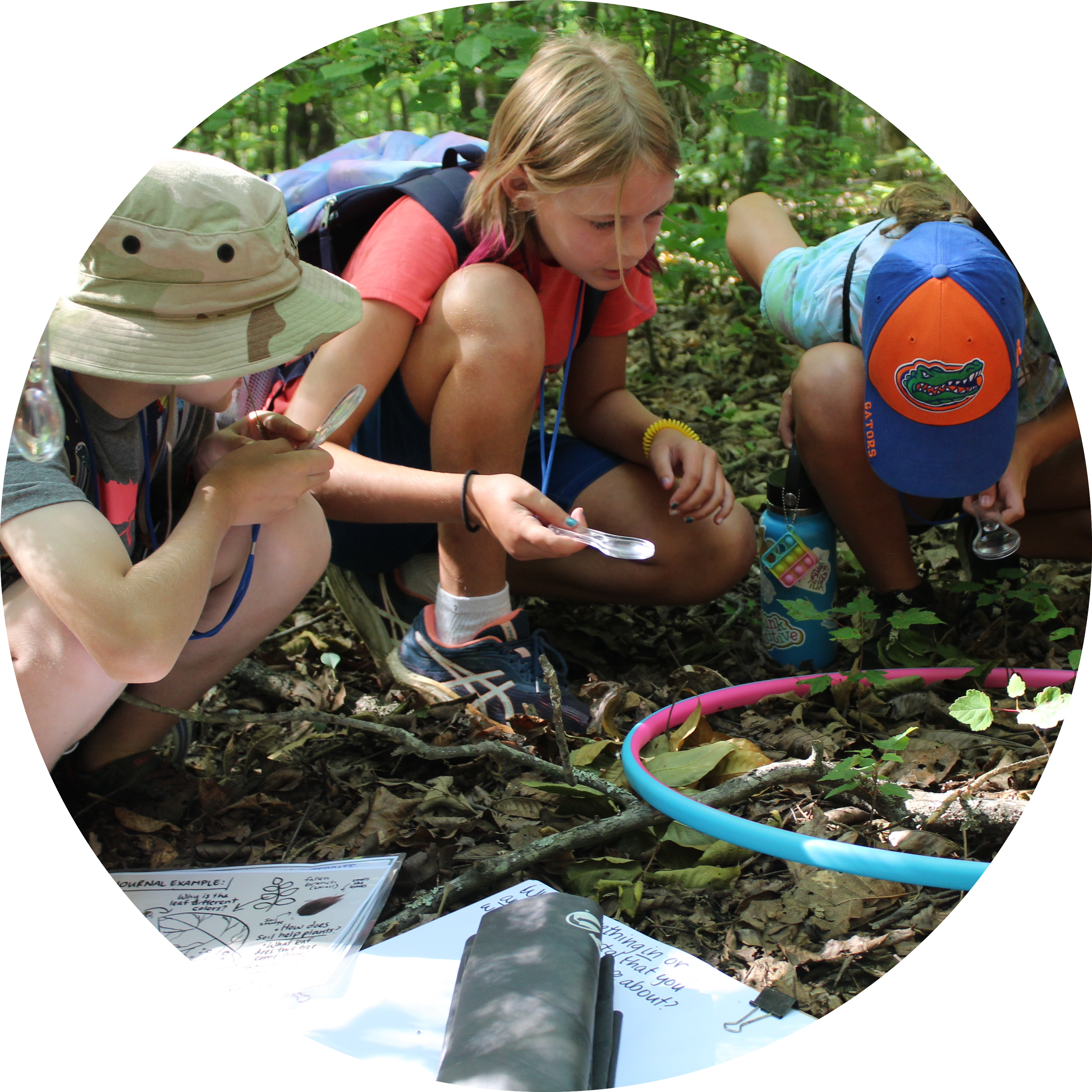
Learning in place matters
Learning in place speaks to the heart of environmental education. As lifelong learners, orienting our understanding to our particular places encourages us to grow and change as grounded members of Earth. A deep sense of belonging comes into focus when we contextualize our place alongside fellow learners. The history of our place constantly shapes where we are and can provide indispensable learning about what steps we should take moving into the future.
Learning in place matters
Learning in place speaks to the heart of environmental education. As lifelong learners, orienting our understanding to our particular places encourages us to grow and change as grounded members of Earth. A deep sense of belonging comes into focus when we contextualize our place alongside fellow learners. The history of our place constantly shapes where we are and can provide indispensable learning about what steps we should take moving into the future.

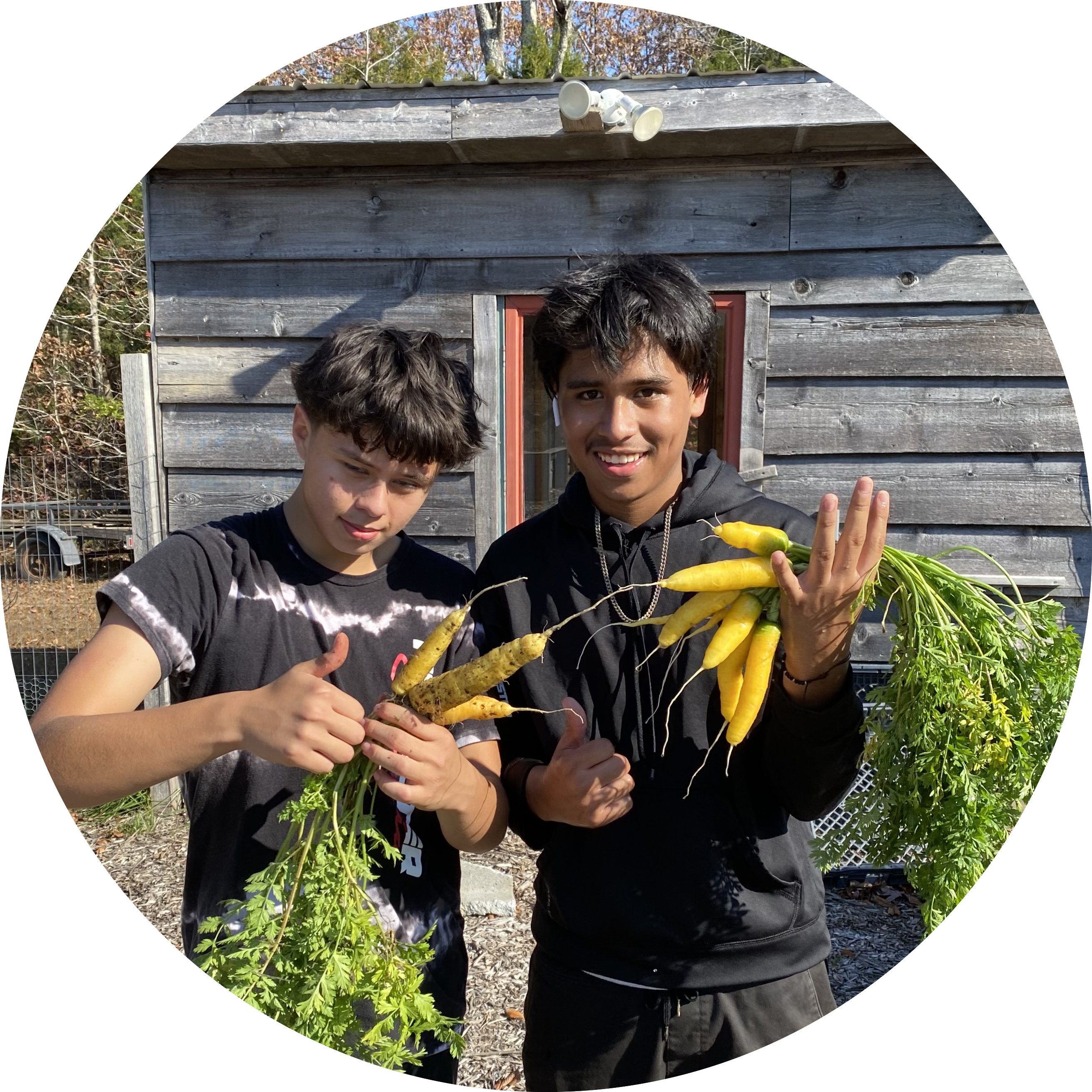
Ecological and personal health is built on relationship
Constructing a bridge of learning from your neighborhood to the field and back can affirm learners in their relationship with outside spaces, as well as offer them a chance to understand themselves and their inherent worth in the ecological systems that make up their homes. Learners can build specific skills and affinities while tending to emotional, social, and intellectual health in ecological and inner landscapes.
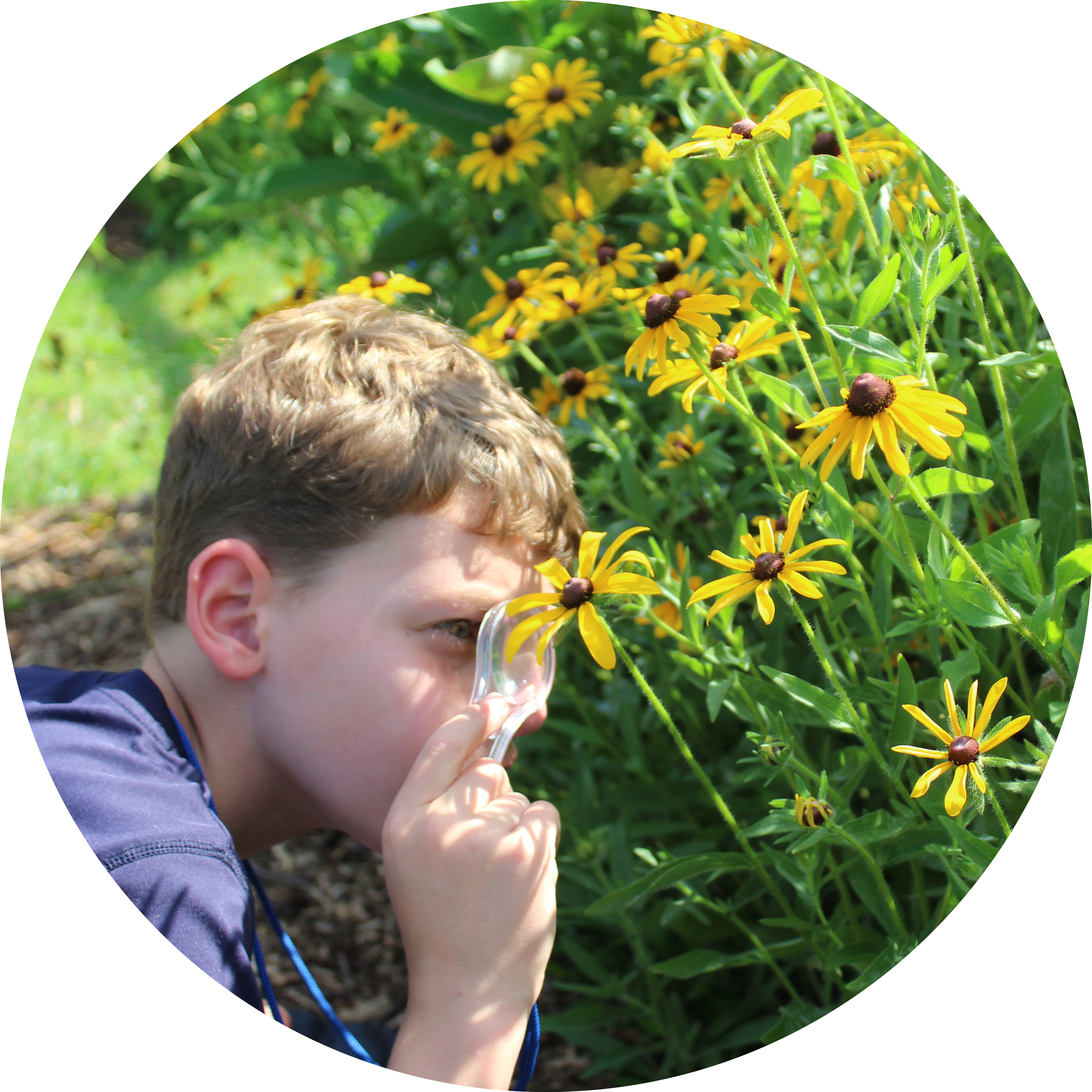
Curiosity is sparked; questions are asked and lived into
Gaining knowledge can often overshadow the importance of cultivating wisdom. But in the act of curious exploration learners are free to explore to the edges of their understanding and beyond rather than staying within their own comfortable range of knowledge. Questions without clear answers can be intimidating and even scary. But this questioning is a courageous act and builds personal and communal confidence to look closely at all things and fosters lifelong critical thinking and engagement.
Curiosity is sparked; questions are asked and lived into
Gaining knowledge can often overshadow the importance of cultivating wisdom. But in the act of curious exploration learners are free to explore to the edges of their understanding and beyond rather than staying within their own comfortable range of knowledge. Questions without clear answers can be intimidating and even scary. But this questioning is a courageous act and builds personal and communal confidence to look closely at all things and fosters lifelong critical thinking and engagement.

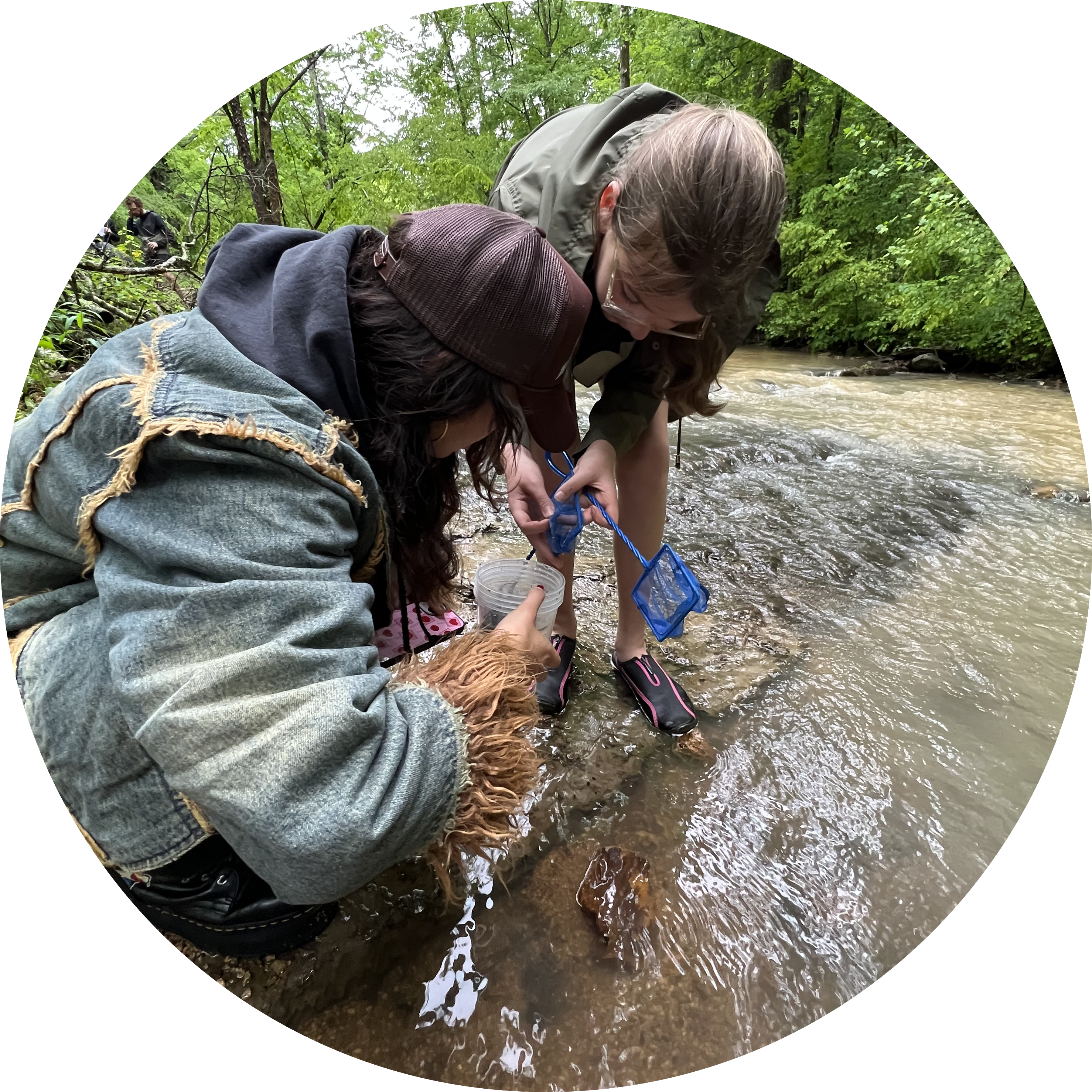
Environmental literacy can transform into environmental justice
When environmental knowledge becomes experiential, environmental literacy often increases, which can deepen environmental responsibility. As the pursuit of this learning is paired with the cultivation of empathy for our neighboring ecosystems, the potential for change blossoms. We learn, alongside one another, how to look, interpret, and understand our impact on the world around us. Opening to these possibilities gives us the chance to engage in the work towards justice that our living communities are calling for.
Meet Our Place
Cedar Crest is located in Hickman County along the Western Highland Rim of Middle Tennessee. Take some time to take a tour of our diverse ecosystems and explore their connections to our classes!
Fields & Forests
Whether you find yourself in upland or lowland forests or fields and meadows, these ecosystems and their respective inhabitants hold unique stories about the land and its history. Tracking mysterious prints, exploring havens of biodiversity, learning native Tennessee species are examples of what can inform our learning here at Cedar Crest.
Fields & Forests
Whether you find yourself in upland or lowland forests or fields and meadows, these ecosystems and their respective inhabitants hold unique stories about the land and its history. Tracking mysterious prints, exploring havens of biodiversity, learning native Tennessee species are examples of what can inform our learning here at Cedar Crest.
Lake & Creeks
Cedar Crest’s aquatic ecosystems offer learners a chance to consider our responsibility to our local watersheds while exploring by canoe or kayak on our lake or wading in our creeks. Investigating Middle Tennessee geology, assessing macroinvertebrates, and even participating in restoration practices are a few of the ways we seek to better support these aquatic environments.
Lake & Creeks
Cedar Crest’s aquatic ecosystems offer learners a chance to consider our responsibility to our local watersheds while exploring by canoe or kayak on our lake or wading in our creeks. Investigating Middle Tennessee geology, assessing macroinvertebrates, and even participating in restoration practices are a few of the ways we seek to better support these aquatic environments.
Interested in seeing more of Cedar Crest?
Explore our dining facilities, lodging, learning garden, and challenge courses!
